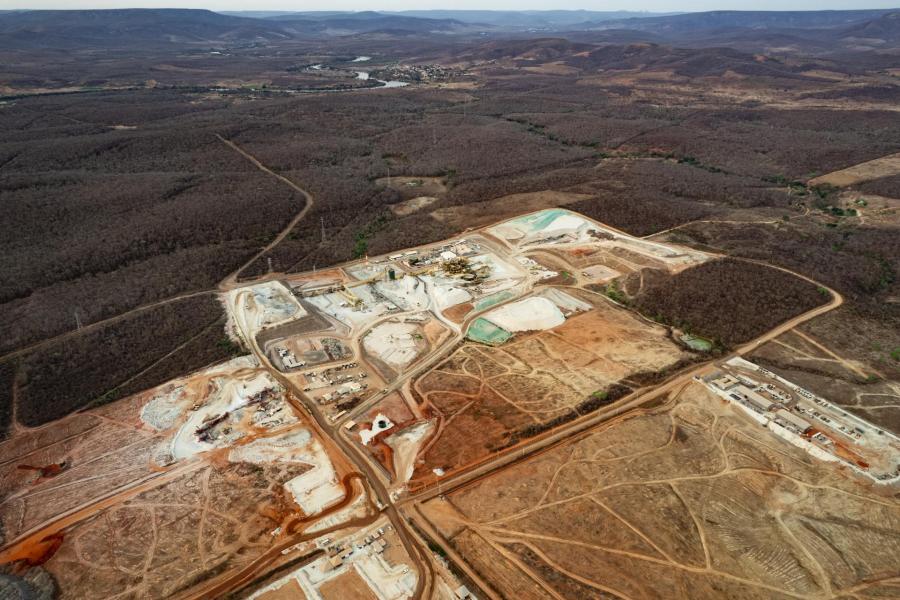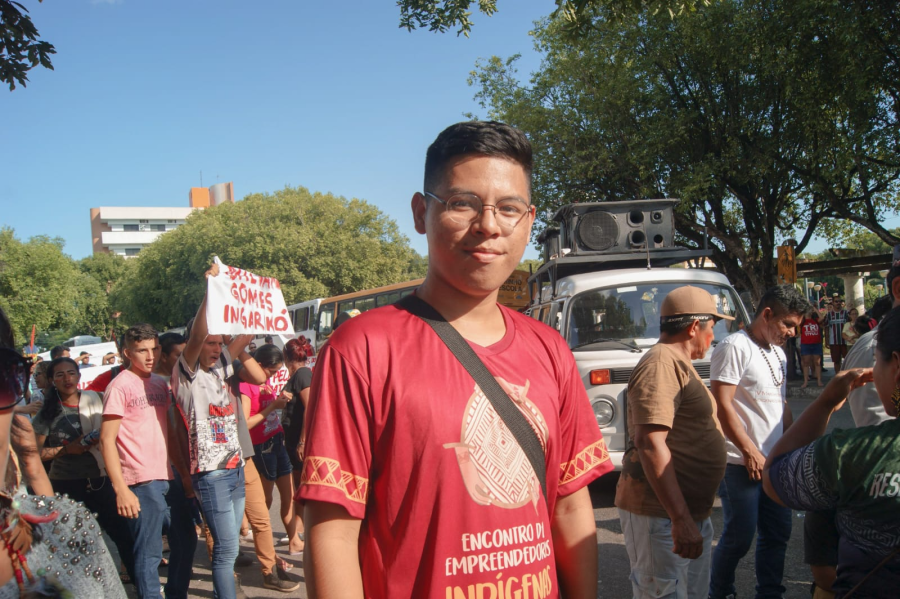About a year ago the Brazilian Anthropological Association, the Union of Indian Nations (UNI), the Pro-Indian Commission of Sao Paulo, the Missionary Indianist Council and other groups that support the Indian cause produced a document designed to convince the government of the legal, anthropological and political grounds for changing the legislation concerning mining on Indian lands adopted under the previous authoritarian regime. The document showed that all of the relevant legislation, from Law 6.001/73 (the Indian Statute) to Decree No. 88.985/83 that regulates Articles 44 and 45 of that law, is unconstitutional and should be treated as a moral and political aberration.
Yet it seems that the New Republic has not yet realized that its ideas about change and renovation have not come anywhere near its official Indian policy. I am not simply referring to the urgent need of restructuring the National Indian Foundation (FUNAI) or of replacing it by a new agency that could effectively become an Indianist institution that is in tune with a modern and democratic state. This is what the New Republic promises us and what Indian leaders in UNI and important sectors of the public have been demanding in recent years. An Indian policy in tune with the times cannot be formulated and successfully implemented by merely, almost routinely, replacing the people who direct FUNAI, and certainly not by the dismissal of anthropologists and Indianists already serving in that agency.
If Indians cannot count on having an effective agency to defend their rights, how can we pretend to have an Indian policy - and a state policy at that - which prevents the exploitation of subsoils in Indian territory and the associated consequences to the ecosystems and Indian societies of those mineral-rich regions? Once again, as in the past, it is the public that is called upon to act. That is why the publication of A Questao da Mineraçao em Terro Indígena (The Question of Mining on Indian Lands) is so timely. This book (volume 4, 172 pages and published by the Pro-Indian Commission of Sao Paulo) edited by Aracy Lopes da Silva, Leinad Ayer O. Santos and Mara L. Manzoni Luz, shows how relevant its theme is for a country that considers itself democratic and for a government that thinks of itself as bringing renewal.
The book is divided into three parts. The first, "The Position of the State," reproduces government documents, including Decree No. 88.985/83. The second, "The Position of the Indians and their Support Groups," includes, among other documents dealing with the mining issue, the legal, anthropological and political opinion that has already been mentioned. The third, "Repercussions," contains brief and incisive pieces by the jurist Dalmo Dallari, by Senator Severe Gomes, by the philosopher Marilena Chaui and by Luciano Mendes de Almeida, the secretary-general of the National Council of Brazilian Bishops. The volume closes with an important appendix on "Mining Companies and Indian Areas" prepared by the Ecumenical Center for Documentation and Information in Sao Paulo. This volume is all the more timely since the government seems to have little idea of the anti-Indian legislation that it has inherited from the authoritarian regime, and since the economic groups that have traditionally tried to exploit Indian lands are becoming active again.
There are continual examples of this. The Commission for the Creation of the Yanomami Reserve states that "politicians and businessmen in the Federal Territory of Roraima are organizing an extremely dangerous campaign to invade Yanomami territory, especially the Serro dos Surucucus that lie at the heart of it, in order to mine there." Mercio Pereira Gomes, an anthropologist with the project run jointly by the Vale do Rio Doce company and FUNAI, notes the interest of the project director in the "bauxite mines" that the Guaja Indians are supposed to have on the Awa-Gurupi reserve in the state of Maranhao. In an important deposition concerning "Mining on Indian Lands in Brazil," UNI last year informed the Fourth Session of the United Nations Working Group on Indigenous Peoples in Geneva that mining was taking place on the lands of the Waimiri-Atroari, the Kayapo, the Yanomami and the Satere-Maue. Satere-Maue have been adversely affected by the drilling for oil on their lands carried out by a foreign company.
It is regrettable that such attacks on the Indians are welcomed by segments of the press. A wrong-headed article in a Brasilia newspaper (the Correio Braziliense) was headlined "Indianist Demagoguery Holds Up Development." It went on to support the business interests that were trying to "solve the economic problems of the country" in the "most mineral-rich province on earth." The book mentioned above lays out sound arguments against this kind of assertion, including a joint statement from the National Geological Coordinating Committee and the Brazilian Geological Society pointing out that...it is not necessary to have mining companies work on Indian lands in order to determine the mineral potential of the nation; that the mineral wealth of these lands constitutes neither a considerable nor an indispensable reserve for the nation; and that it is only the political convenience of encouraging the extraction of gold and cassiterite that explains the enthusiasm with which this decree (No. 89.985/83) puts Indian lands at the disposal of the mining companies (p. 67). On the other hand, to say that it is "Indianist demagoguery" to warn our government and our society of the dangers of opening up Indian lands to mining companies betrays a casual ignorance of the history of the relations between Indians and whites in Brazil and throughout the Americas. What the Correio Braziliense calls demagoguery is no more than the undertakings officially accepted by Brazil and virtually all the countries of the Americas as they propose solutions in the Inter-American Indian Congresses organized by the Inter-American Indian Institute of the Organization of American States. Brazil has traditionally signed such resolutions for the simple reason that the moral and political principles underlying them are embedded in our own Indianist experience. What we call "Indianism," in Brazil and throughout the Americas, is a shared set of ideas and values whose single and exclusive purpose is to protect indigenous populations.
Article copyright Cultural Survival, Inc.



